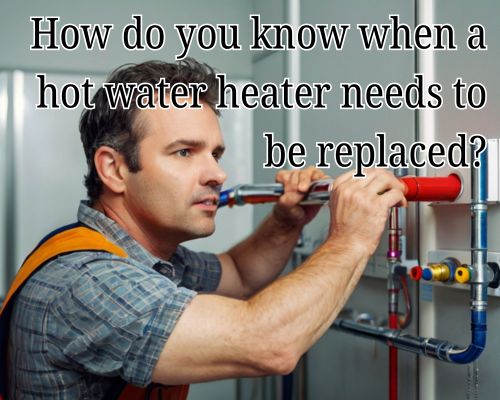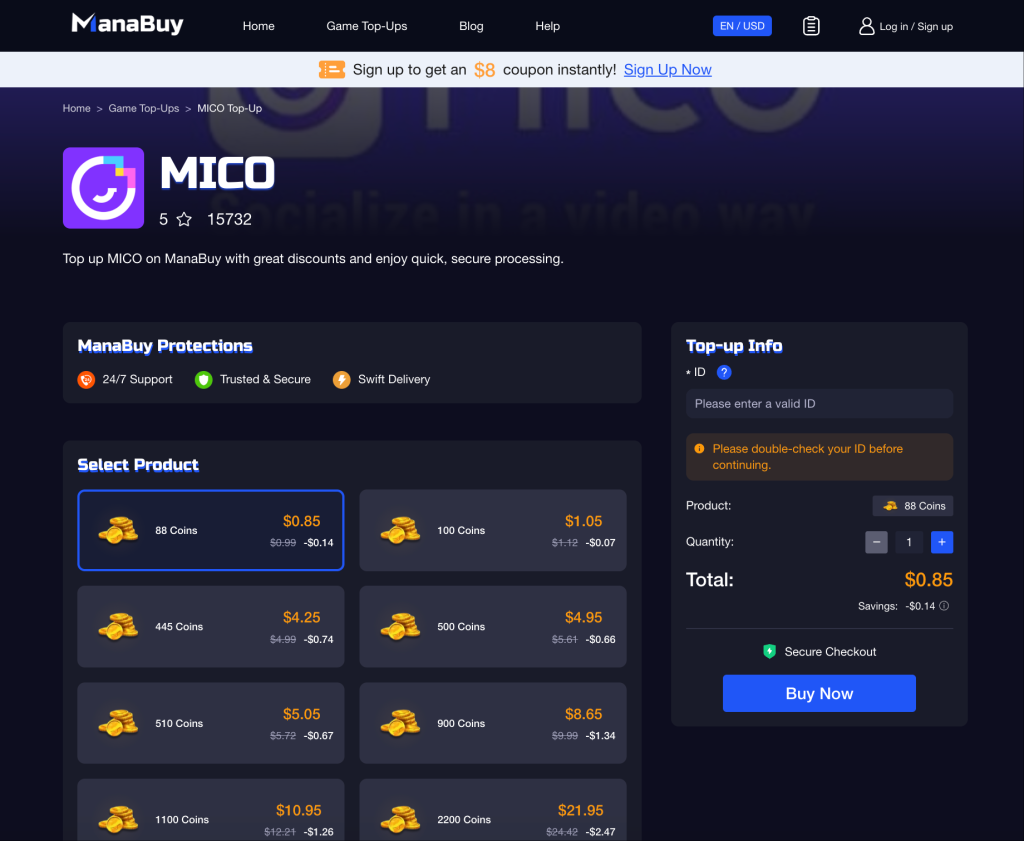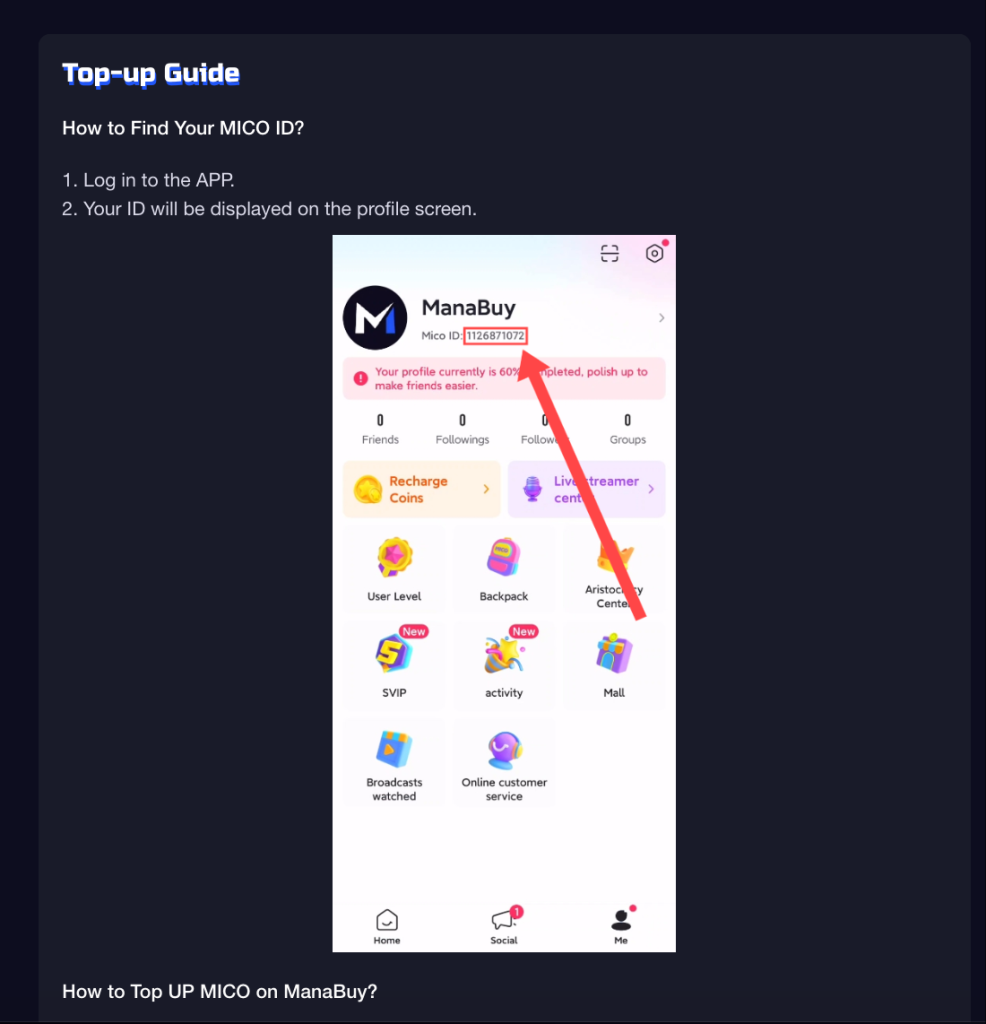Hot water systems are essential household utilities, especially during Warragul’s crisp winters and cooler months. Whether you’re using a gas, electric, or solar hot water heater, system malfunctions can disrupt your daily routine and comfort. If you’ve ever turned on the tap expecting a warm stream and been greeted with icy disappointment, you’ve likely wondered: how to diagnose problems with a hot water heating system?

This guide offers homeowners in Warragul, VIC a clear, insightful breakdown of how to identify common hot water system issues, recognise local environmental impacts, and understand when to call a licensed professional. We’ll also explore relevant system components, costs, and troubleshooting steps—ensuring you’re well-equipped to make informed decisions without wasting time or money.
1. Recognising the Signs: What’s Going Wrong with Your Hot Water System?
Diagnosing a problem starts with observing symptoms. In Warragul, where households often rely on Rheem, Rinnai, Bosch, or Dux systems, certain problems arise more frequently due to local water hardness and cooler temperatures.
Common Issues Include:
- No hot water or lukewarm temperature
- Fluctuating water temperature
- Water leaks near the tank
- Unusual noises (banging, hissing, or gurgling)
- Low water pressure
- Discoloured or rusty water
Each symptom provides a clue. The key is connecting these signs with likely component failures or external causes.
2. Checking the Basics: First-Line Troubleshooting
Before diving deep into your system’s guts, check these common culprits:
🔧 Power Supply (for electric units):
Ensure the circuit breaker hasn’t tripped. A blown fuse is a simple fix but often overlooked.
🔥 Gas Supply (for gas heaters):
In Warragul, many homes use natural gas hot water systems. Check that the pilot light is on. If not, follow manufacturer instructions to relight it—commonly located on a label near the base.
🌞 Solar Units:
Inspect the solar panels and connections. Overcast conditions common in Gippsland winters may reduce heating efficiency. Check for backup electric or gas boosters.
💧 Water Flow:
Low water pressure might point to sediment build-up in valves or pipes. Warragul’s mineral-rich groundwater can accelerate this issue.
3. Diagnosing Specific Hot Water System Components
Now, let’s dig into component-level diagnosis for deeper issues:
✅ Thermostat & Heating Element:
- Symptom: Water is cold or doesn’t reach the set temperature.
- Diagnosis: Use a multimeter to check continuity. Faulty thermostats or heating elements are common in electric storage systems.
✅ Pressure Relief Valve (TPR Valve):
- Symptom: Water leaks from valve.
- Diagnosis: Pull the lever gently. If water doesn’t flow freely or valve leaks persist, it may be faulty.
✅ Dip Tube:
- Symptom: Short bursts of hot water followed by cold.
- Diagnosis: The dip tube (which directs cold water to the bottom of the tank) may be cracked or broken, mixing hot and cold water.
✅ Anode Rod:
- Symptom: Rusty or metallic-smelling water.
- Diagnosis: In Warragul, where groundwater contains iron, sacrificial anode rods can degrade faster. Inspect annually and replace every 3–5 years.
✅ Sediment Build-up:
- Symptom: Noisy tank or reduced efficiency.
- Diagnosis: Mineral sediment accumulates over time—especially with hard water. Flush the tank to remove sediment.
4. Weather-Related Factors in Warragul That Affect Hot Water Systems
Warragul’s humid subtropical climate—cool winters, moderate rainfall, and occasional frosts—can strain your system:
- Cold ambient temperatures reduce tank recovery time and increase energy use.
- Seasonal demand surges (e.g., winter) may expose existing weaknesses in system performance.
- Rooftop solar collectors underperform during cloudy periods, which are frequent in July and August.
Residents should consider insulating hot water pipes and installing thermal blankets on tanks to improve efficiency in colder months.
5. When to Repair vs. Replace: Understanding System Lifespan
In Warragul, due to water quality, system load, and climate, the average lifespan of hot water systems varies:
| System Type | Lifespan (Average) | Common Replacement Trigger |
|---|---|---|
| Electric Storage | 8–12 years | Heating element failure, rust |
| Gas Storage | 8–10 years | Pilot/control valve issues |
| Continuous Flow (Gas) | 12–15 years | Ignition or sensor faults |
| Solar | 10–15 years | Booster or panel faults |
Tip: If your unit is 10+ years old and having multiple issues, replacement may be more economical.
6. Cost Estimates in Warragul for Common Hot Water Repairs
Here’s what Warragul homeowners can expect when budgeting for hot water fixes:
| Service | Average Cost (AUD) |
|---|---|
| Heating Element Replacement | $250–$400 |
| Thermostat Replacement | $150–$300 |
| Valve Replacement (TPR/Mixing) | $120–$250 |
| System Flush (Descaling) | $150–$350 |
| Full System Replacement | $1,200–$3,500+ |
Local licensed plumber offer competitive quotes.
7. DIY Troubleshooting vs. Calling a Professional
While handy homeowners can tackle minor issues (e.g., pilot light resets, flushing tanks), serious repairs involving gas lines, electrical connections, or tank replacement require a licensed technician.
Look for providers in Warragul who are:
- Licensed by the VBA (Victorian Building Authority)
- Members of Master Plumbers Australia
- Experienced with your brand/model of system
For peace of mind, consider a hot water service inspection every 1–2 years.
8. Preventative Maintenance Tips for Warragul Homes
Avoid costly repairs by implementing these localised care routines:
- Flush system every 6–12 months to remove sediment.
- Inspect valves for corrosion or leaks.
- Replace anode rod every 3–5 years, especially if your home uses bore water.
- Check insulation on exposed pipes and tanks before winter.
- Use a timer to reduce energy use on electric systems.
9. Final Thoughts: Diagnose Before You Replace
Understanding how to diagnose problems with a hot water heating system isn’t just about saving money—it empowers Warragul homeowners to make smarter, quicker decisions.
Whether you’re dealing with an aging Dux unit, a solar Thermann system, or a Bosch continuous flow model, proper inspection and maintenance can extend your unit’s life and prevent mid-winter cold shocks.
And remember: if in doubt, call a licensed plumber to assess and recommend the best fix. It’s better to address a small issue today than suffer a cold shower tomorrow.









